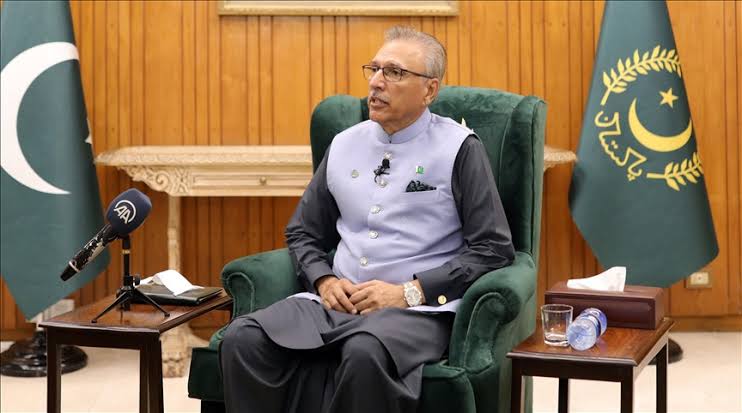South Africa argued at the United Nations’ top court on Tuesday that Israel is responsible for apartheid against the Palestinians and that Israel’s occupation of land sought for a Palestinian state is “inherently and fundamentally illegal.” Israel rejects such claims.
The South African representatives were speaking on the second day of hearings at the International Court of Justice into a request by the General Assembly for a non-binding advisory opinion on the legality of Israel’s policies in the occupied territories.
“South Africa bears a special obligation, both to its own people and the international community, to ensure that wherever the egregious and offensive practices of apartheid occur, these must be called out for what they are and brought to an immediate end,” the country’s ambassador to the Netherlands, Vusimuzi Madonsela, told the panel of 15 international judges.
Israel rejects accusations of apartheid and usually dismisses U.N. bodies and international tribunals as unfair and biased against it. Israel is not making a statement during the hearings, which are taking place against the backdrop of the war in Gaza that has killed more than 29,000 Palestinians, according to Gaza’s Health Ministry.
Israel sent a written submission last year in which it argued that the questions put to the court are prejudiced and “fail to recognize Israel’s right and duty to protect its citizens,” address Israeli security concerns or acknowledge past agreements with the Palestinians to negotiate “the permanent status of the territory, security arrangements, settlements, and borders.”
Israel captured the West Bank, east Jerusalem and the Gaza Strip in the 1967 Mideast war. The Palestinians seek all three areas for an independent state. Israel considers the West Bank to be disputed territory and says its future should be decided in negotiations.
Israel has also built settlements across the West Bank, many of which resemble fully developed suburbs and small towns. The settlements are home to more than 500,000 Jewish settlers, while around 3 million Palestinians live in the territory. Israel annexed east Jerusalem and considers the entire city to be its capital.
The international community overwhelmingly considers the settlements to be illegal. Israel’s annexation of east Jerusalem, home to the city’s most sensitive holy sites, is not internationally recognized.
Prime Minister Benjamin Netanyahu said in a statement Monday that Israel does not recognize the legitimacy of the discussions at the International Court of Justice. He called the case “part of the Palestinian attempt to dictate the results of the political agreement without negotiations.”
South African representative Pieter Andreas Stemmet told the court on Tuesday that the settlements have extended the “temporary nature of the occupation into a permanent situation in violation of the Palestinian right to self-determination.”
South Africa’s legal arguments echoed those made a day earlier by Palestinian representatives as six days of hearings opened before the Netherlands-based court. After the Palestinians opened hearings, a total of 51 nations and three international organizations are scheduled to address the court, which will likely take months to issue its advisory opinion.
The Palestinians argue that Israel’s open-ended military occupation has violated the prohibition on territorial conquest and the Palestinians’ right to self-determination, and has imposed a system of racial discrimination and apartheid.
“This occupation is annexation and supremacist in nature,” Palestinian Foreign Minister Riad Malki said Tuesday. He called on the court to uphold the Palestinian right to self-determination and declare “that the Israeli occupation is illegal and must end immediately, totally and unconditionally.”
South Africa has a long history of support for the Palestinians. Its governing party, the African National Congress, has long compared Israel’s policies in Gaza and the West Bank to its own history under the apartheid regime of white minority rule, which restricted most Blacks to “homelands” before ending in 1994.
That led to South Africa launching a separate case at the International Court of Justice accusing Israel of genocide in its assault on Gaza that followed the deadly Oct. 7 Hamas attacks in southern Israel. At hearings in January, Israel strongly rejected the allegation. Israeli legal advisor Tal Becker said that the country is fighting a “war it did not start and did not want.”
A final ruling in that case is likely years away, but the court has issued a preliminary order that Israel do all it can to prevent death, destruction and any acts of genocide in its campaign in Gaza.
Note: This article have been indexed to our site. We do not claim legitimacy, ownership or copyright of any of the content above. To see the article at original source Click Here













